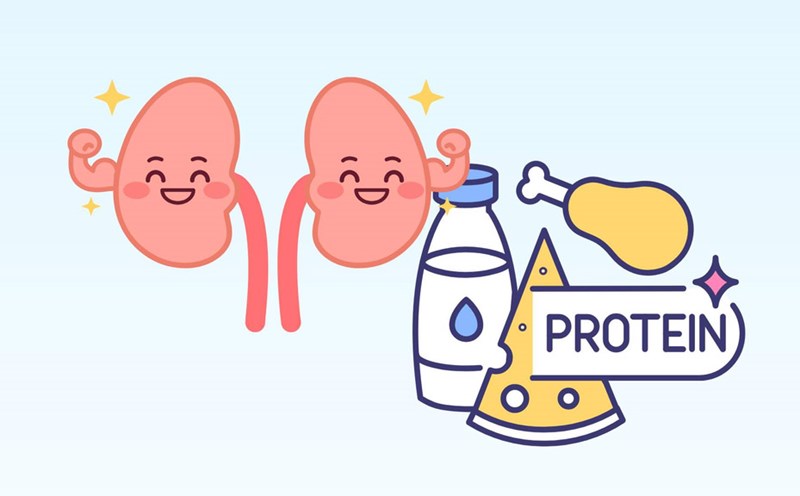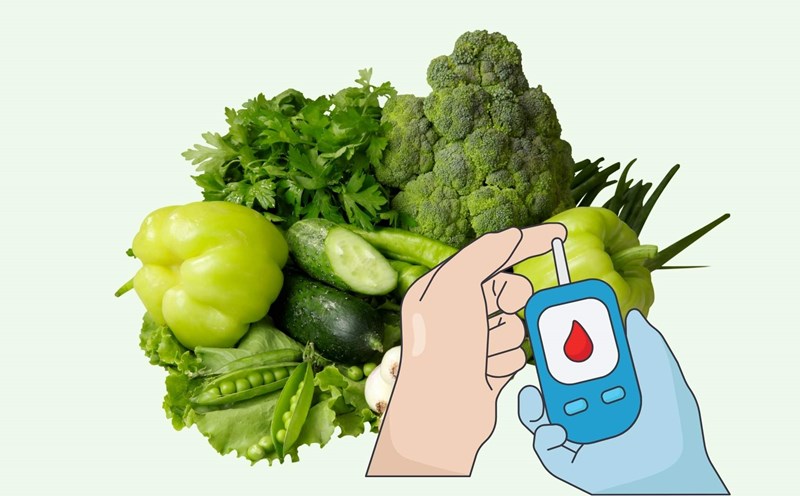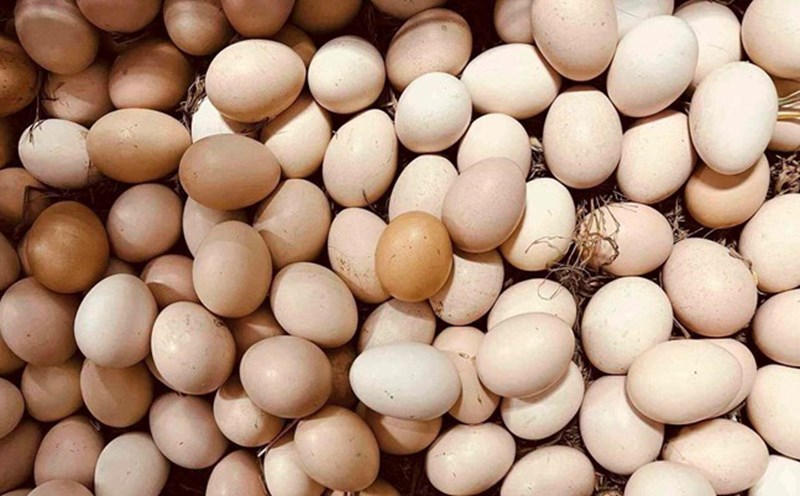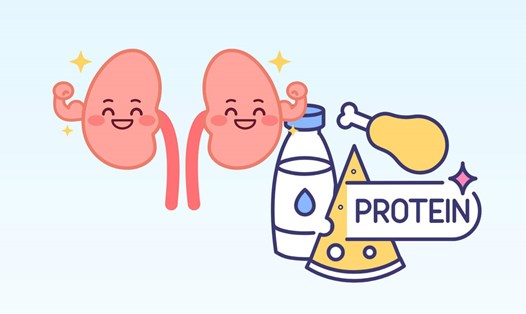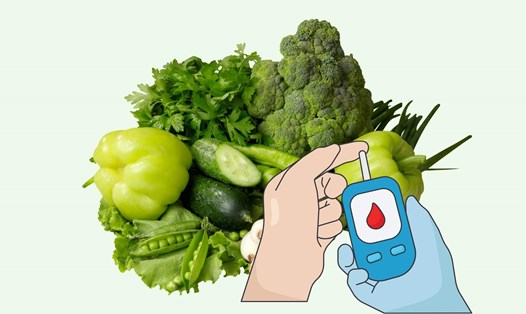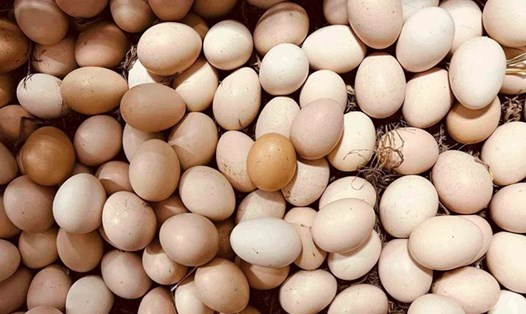According to research, sunflower seeds contain about 21g of protein per 100g of seed, while eggs only provide about 13g of protein for the same weight. This means sunflower seeds provide up to 60% more protein than eggs.
Sunflower seeds also contain a series of vitamins and minerals such as vitamin E, magnesium, iron and zinc, which help the body maintain health and support body functions.
Sunflower seeds not only provide protein but also contain a large amount of unsaturated fatty acids, which are very beneficial for heart health. These fatty acids can help reduce bad cholesterol (LDL) and increase good cholesterol (HDL), which helps protect cardiovascular health and prevent cardiovascular diseases.
Sunflower seeds can also be easily integrated into vegetarian or diet, making them an ideal food alternative for those who do not consume animal products. Studies from the World Health Organization also emphasize that consuming plant foods such as sunflower seeds can help reduce the risk of chronic diseases such as type 2 diabetes and cardiovascular diseases.
Eating sunflower seeds to optimize protein intake is lightly roasted or eaten raw, which will help the body easily absorb nutrients without losing heat- sensitive vitamins. Eating sunflower seeds in whole grains will help preserve maximum nutritional value.
Combining sunflower seeds with other foods rich in vitamins and minerals such as green vegetables, cereals or avocados will help the body easily absorb protein and essential nutrients. Combining with foods rich in vitamin C also helps improve the absorption of iron and minerals in sunflower seeds.
However, it should be noted that although sunflower seeds are rich in protein, the calorie content in this seed is also quite high. Therefore, consuming in reasonable amounts is very important to avoid the risk of unwanted weight gain.

